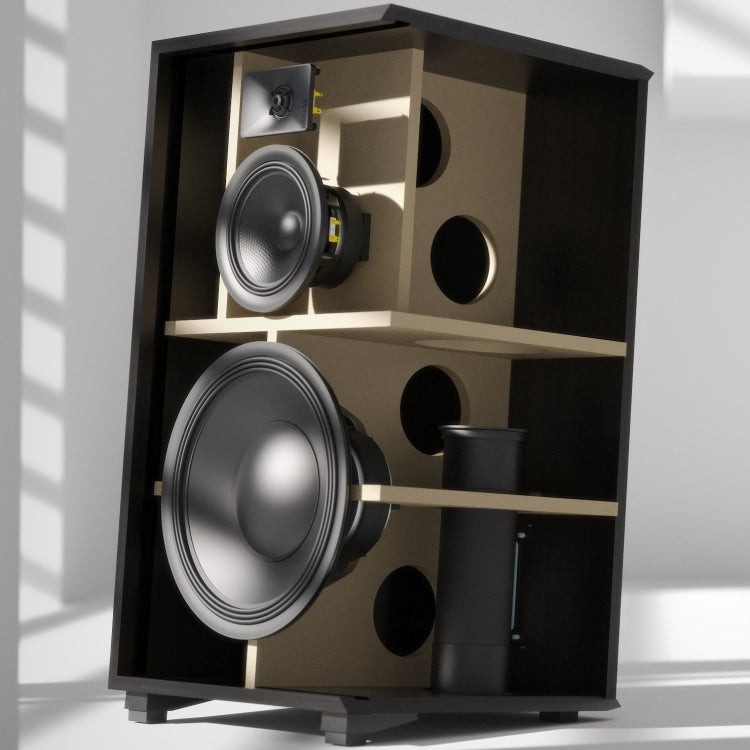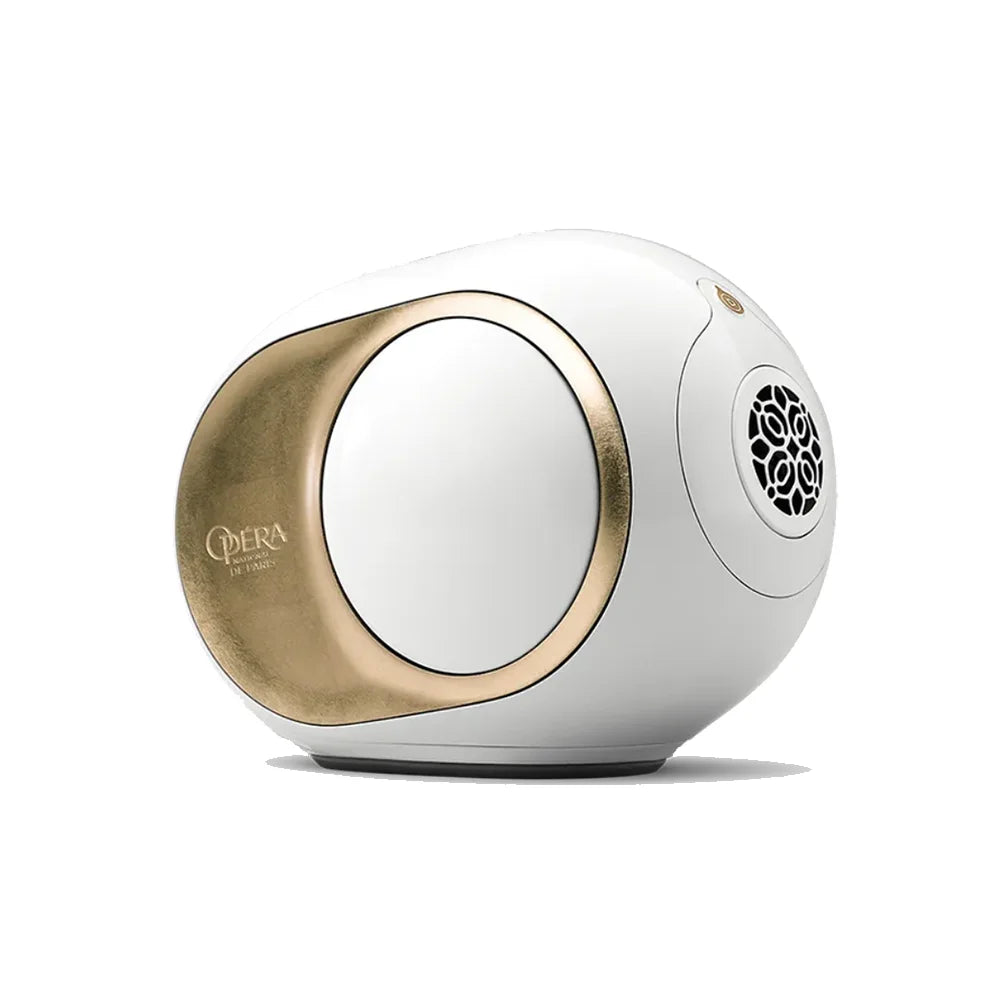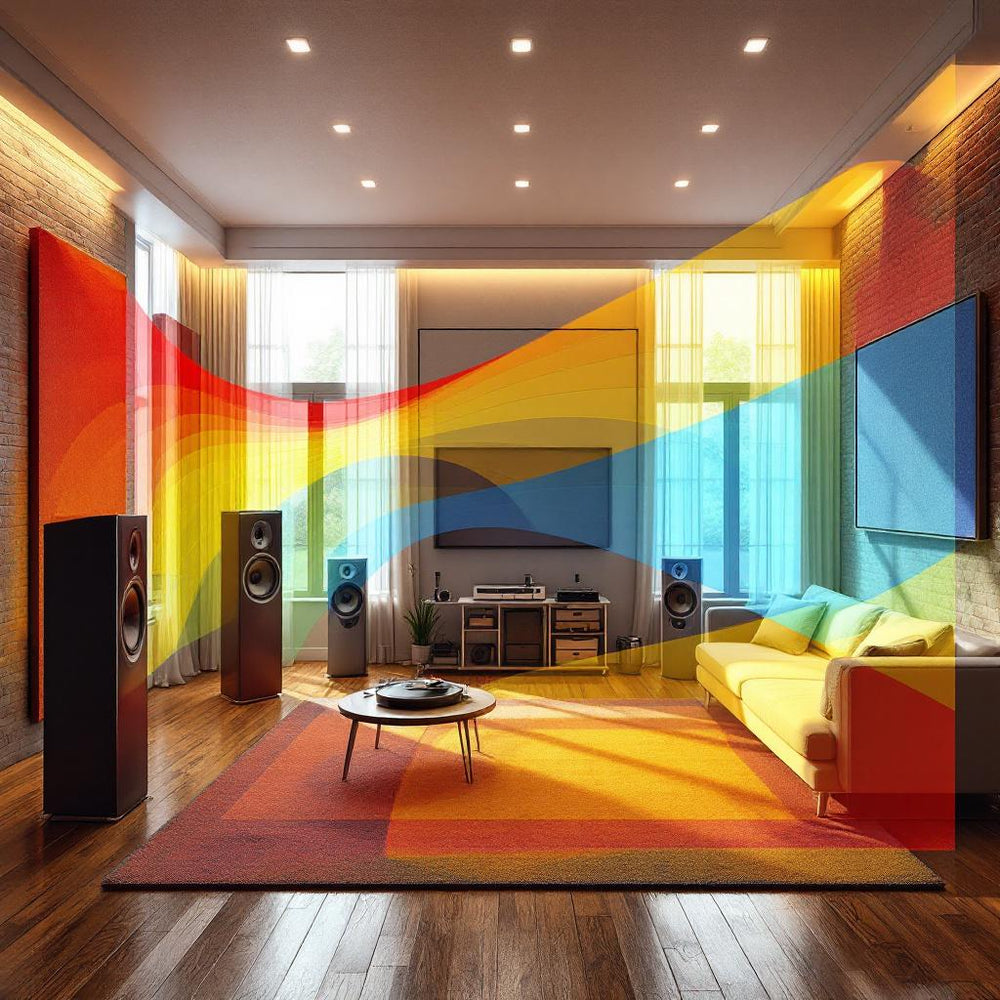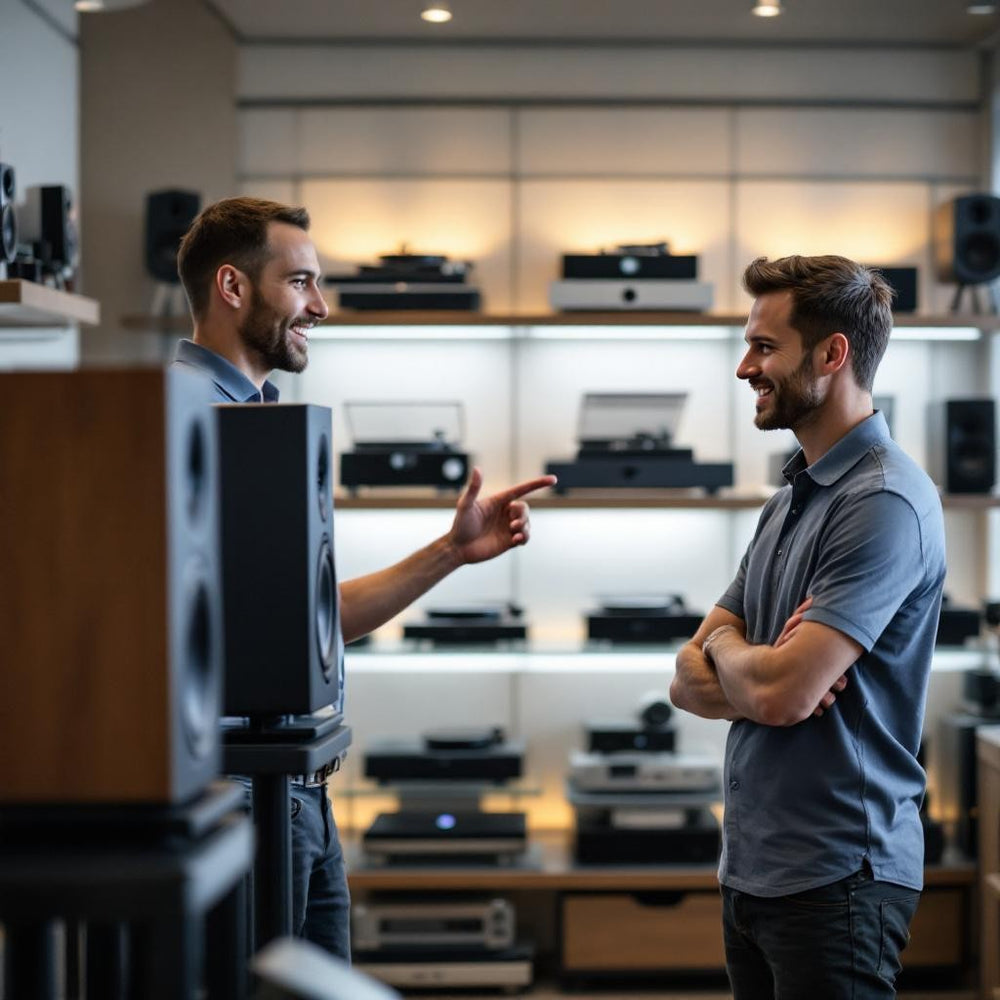Understanding Speaker Specifications
When evaluating speakers, you'll encounter various technical specifications. Frequency response indicates the range of sounds a speaker can reproduce, typically measured in Hertz (Hz). Sensitivity, measured in decibels (dB), tells you how loud a speaker will play at a given power level. Impedance, measured in ohms, affects how much power your amplifier needs to deliver.
Understanding these specifications helps you make informed decisions and ensures compatibility with your existing audio equipment.
As a general guide, the higher the sensitivity the lower powered amplifier that is required. The lower the sensitivity, the more power you will require.




